
Tourette’s syndrome is an inherited neuropsychiatric disorder that usually starts in childhood. Different patients have different symptoms, but generally disorder is characterized by multiple motor tics and at least one vocal tic. Tourette’s syndrome falls under the spectrum of tic disorders, and sometimes may take very bizarre forms, such as uncontrolled exclamations of obscene words or socially inappropriate remarks. Once it was considered a rare medical condition, but now scientists believe that somewhere between 1 and 10 children per 1,000 have Tourette's. In most of the cases, the severity of manifestations decreases with the age, and for many patients the symptoms are much milder as they pass through the adolescence.
Treatment for Tourette’s
In most of the cases, medication treatment for Tourette’s is unnecessary. This is especially true if we know there is no effective medication for all types of tics. However, certain therapies can help the affected individual to manage the most impairing symptoms. Medications can target tics or certain comorbid conditions that may develop with Tourette’s. However, medications are typically used only when more severe symptoms are present, and to decrease the risk of depression and social isolation.
To the great extent, treatment of Tourette’s disease includes behavioral and psychological therapies. It also involves constant education of a patient, family and surrounding community, especially in school. In many cases, the tics collapse with education, reassurance, understanding the problem, and in the encouraging environment. Cognitive behavioral therapy is also used as well as many relaxation techniques, including yoga and meditation.
Causes of Tourette’s syndrome
The exact cause of this disease is still unknown. As for many similar disorders, scientists believe that a certain combination of genetic and environmental factors plays an important role. In the majority of cases, Tourette’s syndrome is inherited, but its exact mode of inheritance is yet uncertain. However, the disease may sometimes occur as a result of sporadic mutation, where none of the parents has a faulty gene.
If a person is suffering from Tourette’s syndrome, there are about 50% of chances a gene will be passed to one of the children. However, not everyone with a gene will show symptoms. Sometimes, the symptoms may be expressed as a mild tic disorder, or person may have no symptoms at all. Only minority of people with a faulty gene will have symptoms that are severe enough to meet the diagnostic criteria for Tourette’s syndrome. Scientists believe that the tics result from functional problems in cortical and subcortical regions, the thalamus, basal ganglia and frontal cortex.




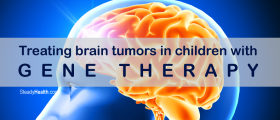
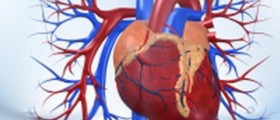

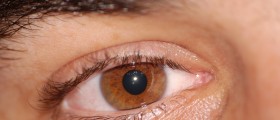

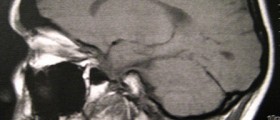

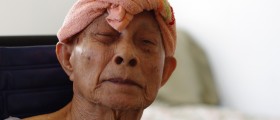
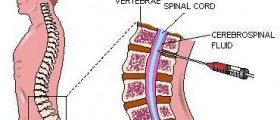

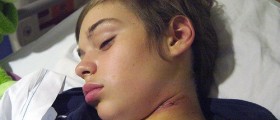
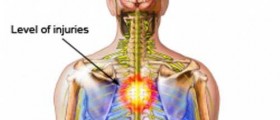

Your thoughts on this
Loading...